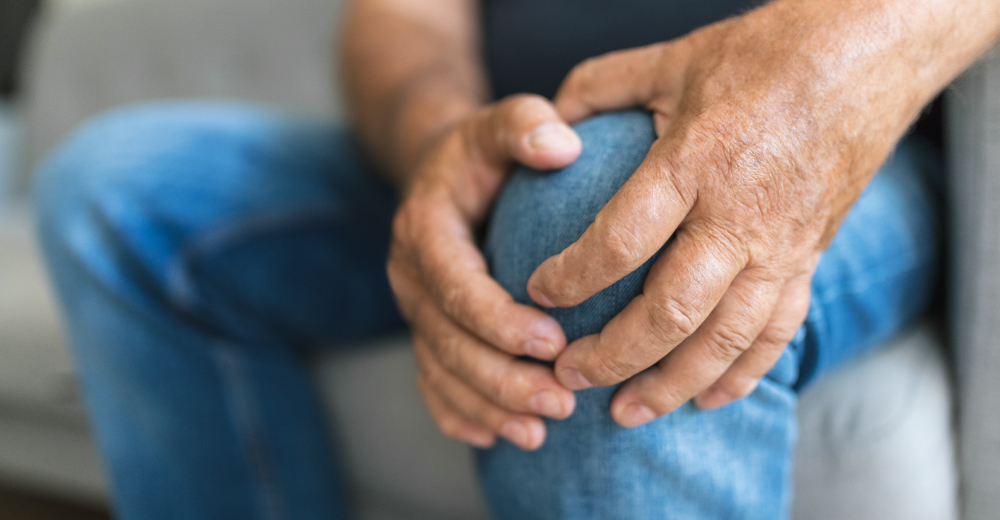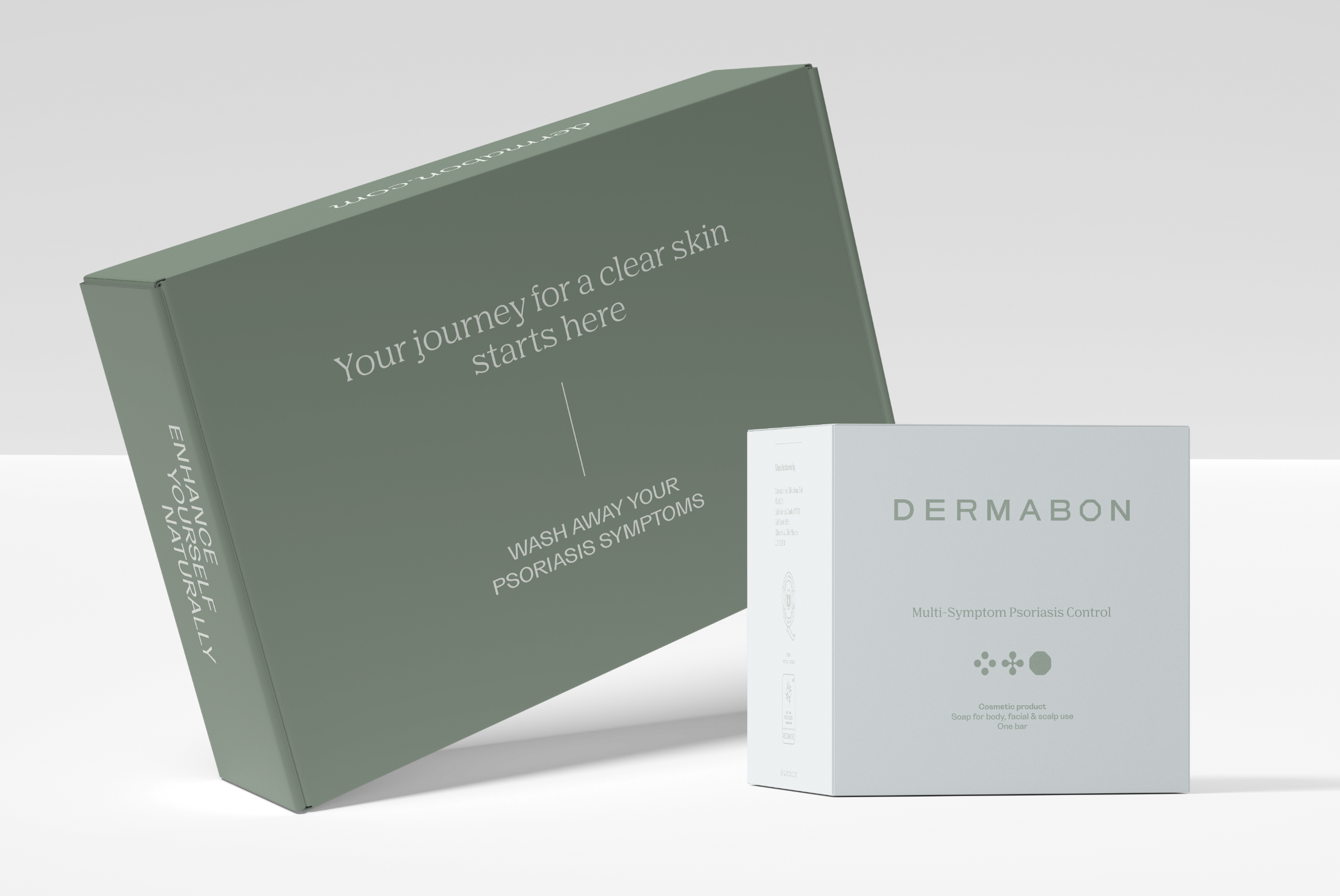Learn how others manage their Psoriasis.
Get tips for diet, exercise, and managing stress
Top 10 Things you Need to Know About Psoriasis
By Multiple Authors
Jul/05/2022
Reading time: 5 minutes
Psoriasis is a chronic skin condition that can significantly change the way you experience the world. It can affect many parts of your body and be triggered by many different factors. But there are also a number of treatments for psoriasis, so don’t despair. Knowledge is your friend, and today we’re going to share 10 of the things we wish we knew when we first experienced psoriasis.
1. Psoriasis is related to immune system problems
Psoriasis is a skin condition that causes red, scaly patches to appear on the skin. These patches are caused by a buildup of skin cells, which occurs when the immune system (the body’s defense system) produces too many white blood cells in response to an irritant such as an infection or injury. This causes inflammation and irritation in the outer layer of your skin, leading to psoriasis symptoms like redness and inflammation.
2. Psoriasis can run in families
Psoriasis is a genetic condition, which means it’s passed down from parents to children. If you have a parent with psoriasis, you are more likely to get it yourself. Having one or two family members with psoriasis doesn’t mean that you will definitely be affected, but you should definitely be aware and get checked if this is the case.
3. Psoriasis is a chronic condition
Psoriasis may last for the rest of your life, but it can be treated and managed. If you have psoriasis, you’re not alone. It’s estimated that 7.5 million people in the United States have psoriasis. The good news is that while there’s no cure for psoriasis yet, there are effective treatments available to control symptoms and keep your skin looking healthy.
4. It isn’t contagious
It can be upsetting when people assume that it is contagious and that you might infect others if they come into contact with any of your skin lesions. However, psoriasis isn’t spread from person to person like other skin conditions, such as impetigo or scabies. You won’t get psoriasis by touching someone with the condition or sharing personal items such as towels or clothes with them, even if they have psoriasis on their body somewhere else besides their elbows.
5. You might get a flare-up when you’re sick
You may also experience a flare-up if your immune system is weakened by a cold or flu, which can happen when you’re stressed out and exhausted. This could be because the body uses more energy when it’s fighting off an illness, making it harder to fight off psoriasis at the same time.

6. Stress reduction is a key part of psoriasis treatment
Stress can make psoriasis worse in many ways, so it’s important to manage your stress levels. Stress can make you have flare-ups, which will then make you feel stressed about the fact that you have flare-ups. Stress can also affect how well your body and mind are able to handle other treatments for psoriasis.
For example, if you don’t sleep well due to stress, this may make it harder for your immune system to fight off the skin cells that cause psoriasis symptoms. Or if you’re too overwhelmed with worry and anxiety over your condition, that could actually make it worse.
7. Your nails might show symptoms too
Psoriasis can affect your nails. The symptoms aren’t exactly the same as psoriasis, but they are caused by the same immune system problems that cause psoriasis. If you have psoriasis, you may notice changes in your fingernails and toenails. Some people experience thicker nails that grow slowly or change color over time; others notice pitting or separation between layers of the nail plate (this is known as onycholysis).
8. Psoriasis can also affect your joints
Psoriatic arthritis is a form of psoriasis that can cause joint pain and swelling. Joint pain is a common symptom of psoriatic arthritis, which usually affects your hands, feet, knees, ankles, or elbows.
9. Psoriasis affects people with lighter skin more often
Based on current research, psoriasis has a tendency to inflame pale skin more frequently. This could be due to it being more sensitive to the sun, scientists aren’t sure yet. But this is yet another reason to protect your skin from the sun and not irritate your skin if it is particularly pale.
10. Treatments are getting more advanced
Treatments for psoriasis include creams and ointments that you rub on your skin or take in pill form. These work by slowing down the growth of skin cells so that they don’t build up as much, lowering the visibility of the scaly patches of skin. If this seems like something you’d like to try, talk to your doctor first about which treatment might be best for you (and how often).
It’s Easiest to Start with Lifestyle Changes
We hope this article has helped you learn more about psoriasis and how to manage it. The best place to start is with simple lifestyle changes that are low risk and will make you feel better regardless. Things like diet, exercise, sleep, and how you bathe. We’ve seen great results with Dermabon, as well as using certain moisturizers and salts for self-care.
As we’ve said before, psoriasis can be a really tough condition to live with, but there are lots of treatments out there that will help you manage your symptoms and get back to feeling like yourself again. And remember: you’re not alone in this! There are tons of resources online as well as support groups where other people living with psoriasis can give advice or just lend an ear.
Dermabon will help you manage your symptoms and get back to feeling like yourself again.
As I’ve said before, psoriasis can be a really tough condition to live with, but there are lots of treatments out there that will help you manage your symptoms and get back to feeling like yourself again. And remember: you’re not alone in this!
